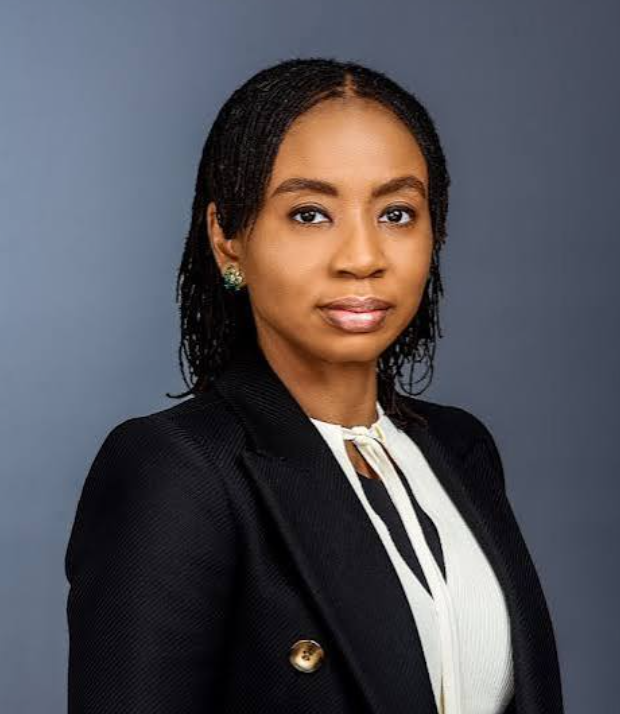
The Director-General (D-G) of National Pension Commission (PenCom), Omolola Oloworaran, said that over the last two decades, the Contributory Pension Scheme (CPS), has rewritten Nigeria’s pension story.
Oloworaran said this during the Stakeholders’ Conference on the Workings of the CPS for employees and pensioners of the Federal Government Treasury-Funded MDAs, in Abuja on Thursday.
The event was organised by PenCom and the National Salaries, Incomes and Wages Commission (NSIWC),
Oloworaran, represented by the Acting Commissioner Technical, Hafiz Ibrahim, said that PenCom had moved from an era defined by unpaid entitlements and uncertainty to a new order anchored on transparency, sustainability, and inclusiveness.
“More than 10 million Nigerians from public service employees to private sector workers, and even artisans and the self-employed under the Personal Pension Plan, are covered under the CPS.
“Pension assets have grown to over N25 trillion, fueling national development through strategic investments, while also securing regular monthly pensions for over 552,000 retirees and lump sum benefits for an additional 291,735 retirees.
“In total, more than 844,000 retirees across both public and private sectors now enjoy retirement benefits that are steady, reliable, and transparent,” she said.
Oloworaran said that the PenCom has rolled out key interventions that were changing lives which was Pension Boost 1.0 – Enhancing pensions for over 241,000 retirees, representing 80 per cent of those under programmed withdrawal.
She also disclosed that monthly pensions rose from N12.157 billion to N14.837 billion, effective June 2025.
The D-G said also said that there was now zero waiting time for pension payments.
She said that since July no retiree waits to access their pensions, noting that payments were now immediate, aligned with monthly salary releases from the Federal Ministry of Finance.
Other interventions according to Oloworaran include the reintroduction of gratuity for civil servants, FGN bond issuance for pension liabilities, stronger prudential standards for operators, issuance of five new regulations under the Pension Revolution 2.0 initiative.
Also were the introduction of free health insurance for retirees, beginning later this year, starting with pensioners in lower-income categories, ensuring dignity and security beyond financial pensions.
She, however, said that while the CPS had achieved much challenges remained, noting that coverage expansion was still limited, with several states and employers yet to fully comply.
Oloworaran said that the public skepticism, often shaped by painful experiences of the past, still continue to undermine trust in the system.
“This is why today’s engagement is so important. It gives us an opportunity to listen, explain, and build confidence together.
“To deepen trust, PenCom will also embark on nationwide sensitization workshops across all six geopolitical zones — ensuring that every federal employee and pensioner fully understands the CPS and can access its benefits without delay,” the D-G said.
She said that PenCom would continue to diversify pension asset investments to improve returns, strengthen governance and oversight,
Oloworaran expressed the commission’s commitment to expand coverage to millions more Nigerians, particularly in the informal sector, and enhance retiree welfare, including health and gratuity buffers.
The Chairman NSIWC, Mr Ekpo Nta, said there had been far reaching reforms in pension administration and management, especially under current administration to ensure prompt payment of pension to retirees.
Nta represented by the acting Secretary of the NSIWC, Chiadi Adighiogu said that proper management of pension was key to guarantee financial security of workers at old age and productivity in service.
He added that pension was central to the effective and efficient operation of any organisation.
“The proper administration and management of pension have direct link to the productivity and stability of any organisation,” Nta said.
The chairman recalled that the first pension scheme introduced in 1951 a Defined Benefit Scheme (DBS), which provided retirement benefits based on an employee’s length of service and final salary.
Nta noted that DBS was later replaced by the Contributory Pension Scheme (CPS) 2004 and later amended in 2014.
He said that the amended scheme ushered in a CPS that is fully funded, privately managed and based on individual accounts for both the public and private sector employees in Nigeria.
“The Act also established the National Pension Commission (PenCom) as the regulator and supervisor of matters related to the Act and the Pension Transitional Arrangement Directorate (PTAD) to manage the pension of those who retired under the DBS until the death of the last pensioner on that scheme.
“The 1999 Constitution as amended, provided at section 173(3) that “Pension shall be reviewed every five years or together with any Federal Civil Service salary reviews, whichever is earlier.
“This provision provides the basis for the review of pensions every five years or whenever there is a salary review in the public service,” the chairman said.
Nta said it was based on that provision in the Constitution and Section 3(p) of the NSIWC Act that empower the commission to “examine the current rate of retirement benefits and recommend appropriate mechanism for periodic review of retirement benefits.
He added it was on that basis that NSIWC had alao issued several circulars for pension increases in respect of the DBS pensioners.


